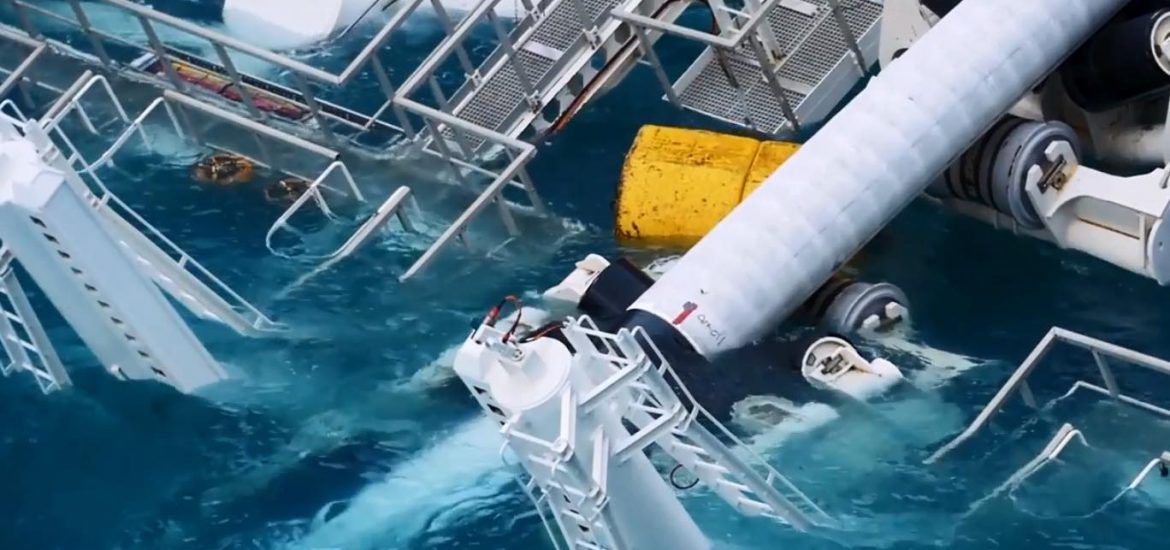
Turkey and Bosnia have signed a revised free-trade agreement, a deal on the Sarajevo-Belgrade Highway Project and made plans to extend the TurkStream pipeline (pictured) through the former Yugoslav republic.
The agreement would help bilateral trade reach US$1 billion, Turkey’s President Recep Tayyip Erdogan told an Ankara press conference with Bosnia and Herzegovina’s presidential council members.
“We will provide all kinds of support to TurkStream gas pipeline project to go through Bosnia and Herzegovina,” the strongman president said alongside Milorad Dodik, who currently heads the tripartite presidency governing Bosnia.
Erdogan purportedly said Sarajevo’s participation in the project would bring economic development and encourage stability and unity.
The TurkStream is due to carry Russian natural gas under the Black Sea, bypassing Ukraine. One pipeline will serve the Turkish market while the other will head onward through Bulgaria, Serbia and Hungary.
A joint venture between the Turkish state-owned crude oil and gas pipeline and trading company BOTAŞ and Russian gas export monopoly Gazprom is due to build the onshore section of the project towards the European Union.
TurkStream is due to provide the equivalent in gas of 126,000 wind turbines or 39 nuclear reactors.
TurkStream’s capacity of 31.5 billion cubic metres (bcm) is due to meet the annual energy demands of 15 million households.
The president said the Sarajevo-Belgrade Highway Project, supported by Turkey, would boost Bosnian stability.
Erdogan said advancing regional cooperation in the Balkans had been on the agenda.
The Serb member of the presidential council, Milorad Dodik, said the free trade agreement would help boost bilateral economic relations and the highway would be key for the wider region.
On TurkStream, Dodik said it was important for Bosnia to be a part of the pipeline which linked Turkey to Western Europe. He thanked Erdogan for his contribution to Bosnian peace and stability.
Turkish imports
Turkey’s natural gas imports fell by 21 per cent in February year on year, according to its energy watchdog’s data, the Turkish Energy Market Regulatory Authority (EMRA).
Imports decreased to 4.27 bcm in February from 5.4 bcm in February last year, it said.
Turkey imported 2.58 bcm of gas via pipeline, while 1.69 bcm was purchased as LNG, EMRA reported.
TurkStream is due to come online for the Turkish market by the end of the year.
TurkStream has been far less controversial than Gazprom’s Nord Stream 2 pipeline. Picture credit: YouTube






[…] Erdogan hopes to extend TurkStream through Bosnia – Energy Reporters Erdogan hopes to extend TurkStream through Bosnia Energy Reporters […]